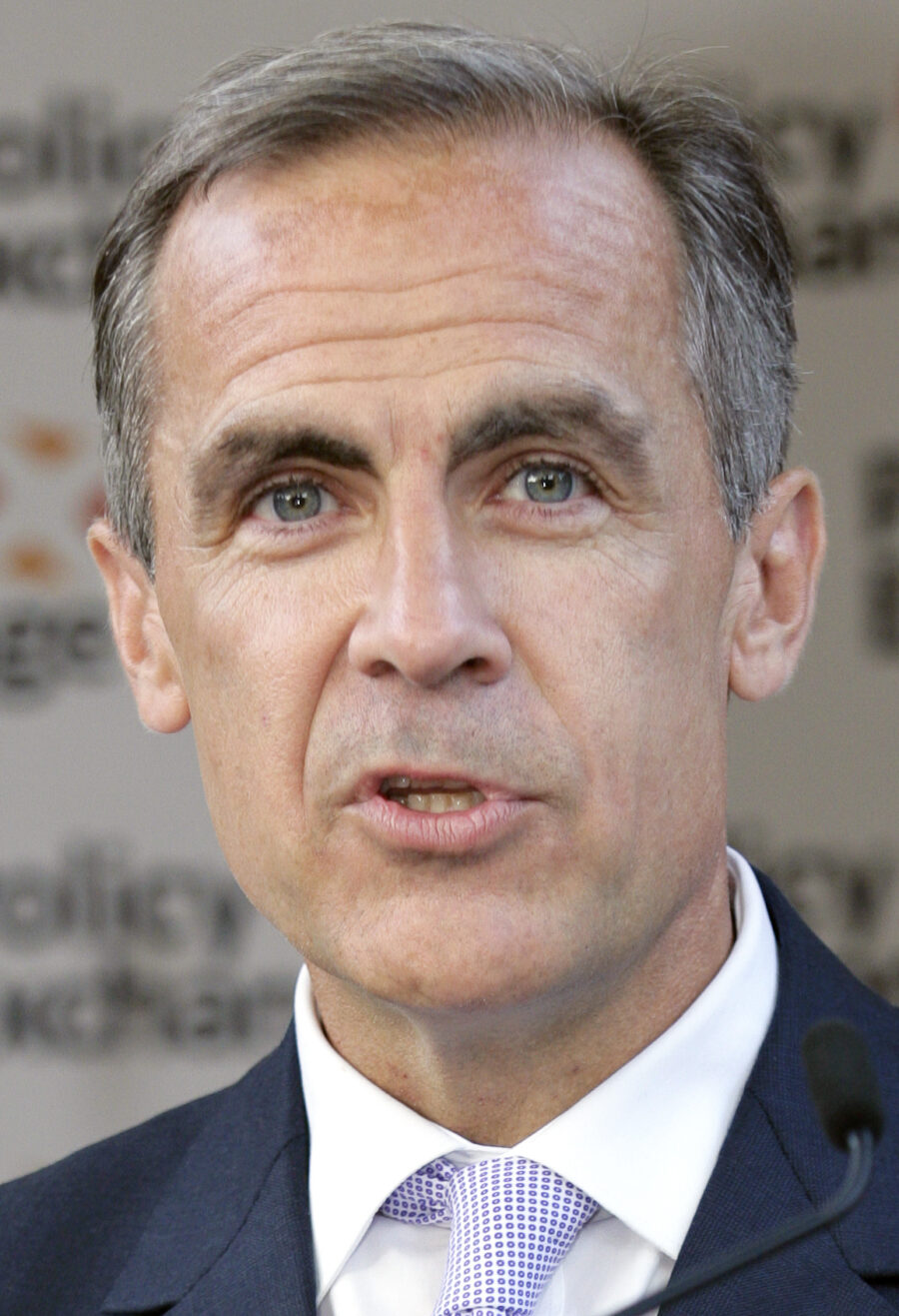The Liberal Party won Canada’s federal election on April 28. Judging by the profusion of Liberal campaign placards planted on the lawns of homes in the mid-town district of Toronto-St. Paul’s, the Liberals were heading for a fourth consecutive victory.
St. Paul’s, where I live, is a bellwether constituency whose neighborhoods range from upper-class Forest Hill to working class St. Clair West. For decades, it has given pollsters a remarkably accurate picture of the country’s current political mood and a reading of which party was likely to form the next government.
Since the 1930s, the centrist Liberals have won the riding eleven times, a little more than the right-wing Conservatives. The NDP, a left-of-center party, has always fared poorly.
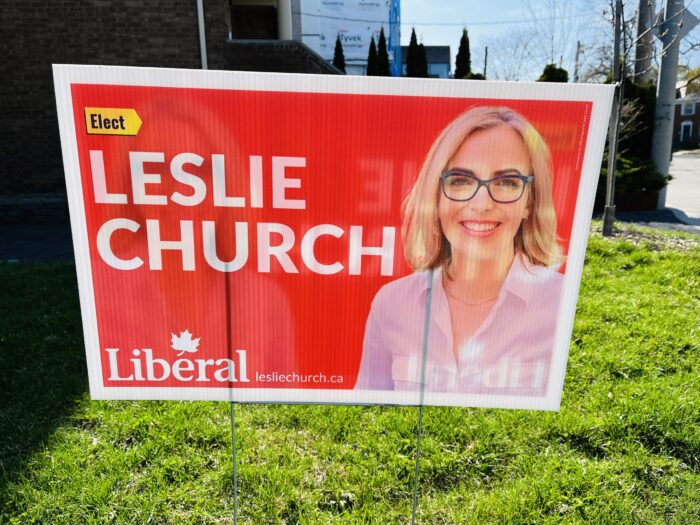
The Liberal candidate in the most recent election, Leslie Church, beat the Conservative incumbent, Don Stewart, by a wide margin of 61 percent to 33 percent. In last year’s by-election, Stewart squeaked through, edging out Church by about 600 votes.
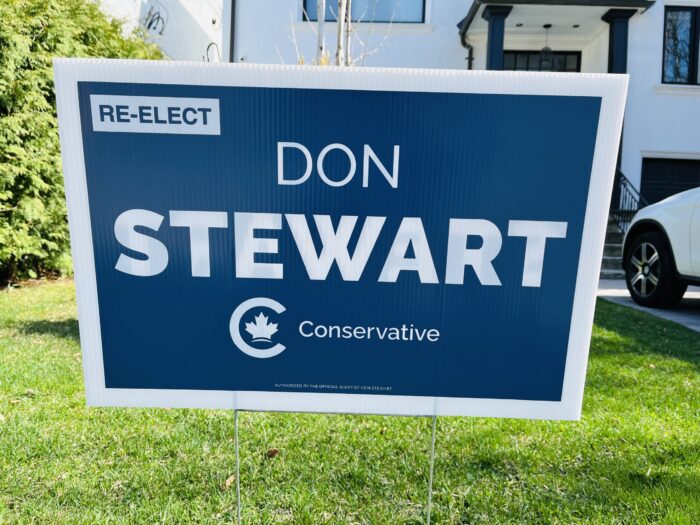
The NDP candidate, Bruce Levy, finished a distant third, garnering 3.5 percent of the vote.
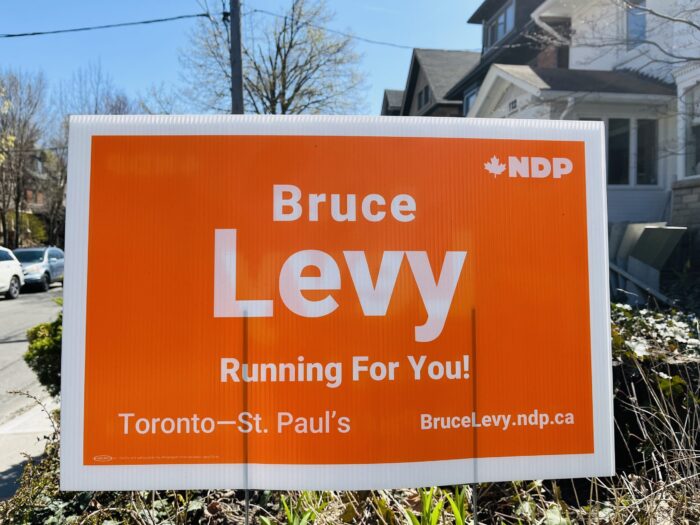
The major issues here matched those of the rest of the country: the prohibitively high cost of living, and U.S. President Donald Trump’s declaration of economic war against Canada and his demeaning reference to Canada as the United States’ “cherished” 51st state.
Since the Covid-19 pandemic, the price of groceries and household goods have risen to stratospheric levels, housing has become virtually unaffordable, and the simplest home repairs have reached unimagined heights.
The unaffordabilty crisis, which has gripped much of the Western world since 2021, mestastazied under the nine-year premiership of Justin Trudeau, whose “sunny ways” turned murky and rancid, especially after the Trump administration, in a historic betrayal, slapped punishing tariffs on Canada, the U.S.’ closest ally.
Under pressure from his own party, Trudeau reluctantly resigned in January. His replacement, Mark Carney, is an economist and former governor of the Bank of Canada and the Bank of England. A colorless but competent technocrat, he was chosen as the Liberal standard-bearer due to the perception that he could stand up to Trump, protect Canadian industry from U.S. encroachments, and lower, if not stabilize, prices across the board.
Carney’s Conservative opponent, Pierre Poilievre, is a career politician who served as a minister in Prime Minister Stephen Harper’s cabinet. Until Trump launched his offensive against Canada, Poilievre had a 25 percent lead over the Liberals and seemed destined to succeed Trudeau. With Carney’s selection as Liberal leader, Poilievre’s lead vanished, quashing his dream of becoming prime minister.
These upheavals were keenly felt by the electorate in St. Paul’s, but Jews in the riding were concerned by another issue, the resounding uptick in antisemitism since 2023. Since they comprise about 15 percent of its population, this issue could not be minimized, wished away or ignored.
Since October 7, 2023, the day Hamas terrorists invaded southern Israel in an unprecedented attack that triggered the Israel-Hamas war in the Gaza Strip, there has been an upsurge of antisemitism in Canada, mirroring the anti-Jewish animus that has erupted on a global basis.
Several synagogues and Jewish day schools have been vandalized. Jewish-owned shops have been picketed or daubed with red paint. A Jewish girls school in Toronto has been the target of gunfire three separate times. Palestinian protesters have menaced a Jewish neighborhood.
According to Statistics Canada, antisemitic hate crimes have risen over 400 per cent. Although Jews comprise 0.9 per cent of Canada’s population of 40 million, they were at the receiving end of 70 per cent of all religiously motivated hate crimes in 2023.
A report by Israel’s Ministry for Diaspora Affairs and Combating Antisemitism found that antisemitic incidents had increased by 670 percent since October 7.
Robert Brym, a Canadian sociologist who has studied the Jewish community in Canada, conducted a survey for the polling firm Leger and found that the increase in antisemitism was an important issue for Jews as the April election loomed.
“I found that the number one issue in common with all Canadians was the economy, ” said Brym, a professor emeritus of sociology at the University of Toronto. The second issue, for Jews, was antisemitism.
This led to an apparent shift in the Jewish community from the Liberals to the Conservatives. “It feels that the Conservative Party is more supportive and operating with a heavier hand on these kinds of outbreaks of hate, so, that’s also encouraged the community to move toward the Conservatives,” he said.
Some Jewish voters expressed dissatisfaction with the Liberal government’s handling of pro-Palestinian protests in Canadian cities. They believe these marches should have been restricted or shut down in the same way the federal government suppressed the “Freedom Convoy” protests that gridlocked downtown Ottawa for three weeks and temporarily blocked Canada-U.S. trade.
The Conservatives, in this election, gained more seats, yet there is no evidence so far that the Liberals lost any due to Jewish dissatisfaction. Example: In the Montreal constituency of Mount Royal, where Jewish voters can make a real difference in the outcome, the Liberal incumbent, Anthony Housefather, routed the Conservative challenger, Neil Oberman, despite Poilievre’s unwavering pro-Jewish/pro-Israel position.
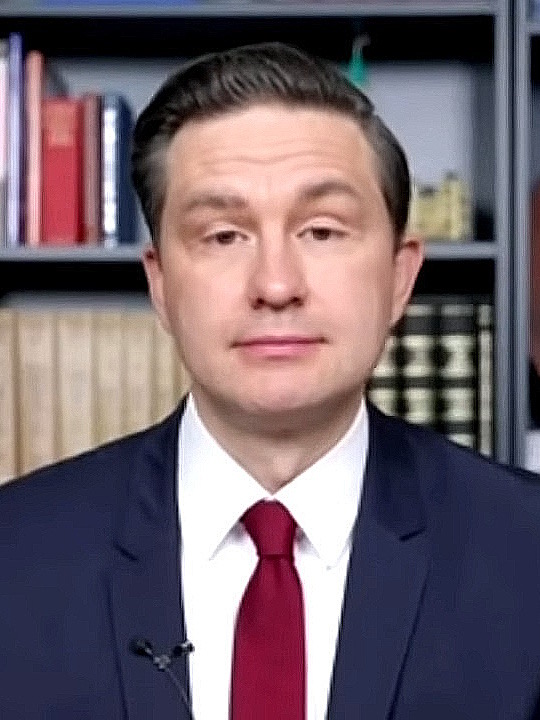
In a recent speech, Poilievre said, “The Jewish community feels understandably under siege as these hate marches and antisemitic outbursts have become an unfortunate part of Canadian life. Frankly, the Liberals have encouraged these divisions. We see what they do. They say one thing to one group, and then exactly the opposite to another group.”
Poilievre promised to bring in tougher laws to target “vandalism, hate marches that break laws, (and) violent attacks based on ethnicity and religion.”
“Anyone who is here on a visitor visa who carries out lawbreaking will be deported from this country. And there will be very serious jail time – and on top of that, fines — for anyone who carries out antisemitic vandalism or property damage,” he added.
Poilievre, who supports a negotiated two-state solution, with Palestinians and Israel living in peace and harmony, has been consistently pro-Israel.
A Conservative government, he said, would stand up for Israel’s right to defend itself and reject United Nations resolutions that unfairly take aim at Israel.
Poilievre urged the Canadian government to defund the United Nations Relief and Works Agency for Palestinian refugees and ensure that “Canadian aid actually goes to the suffering Palestinian people and not to those promoting terrorism in UNRWA.”
The Liberal Party announced it would introduce legislation to criminalize attempts to obstruct access to any place of worship, schools, and community centers. The Liberals also pledged to significantly increase the annual budget of the Canada Community Security Program, which helps protect vulnerable communities and places of worship.
During a debate, Carney said, “In Montreal, in Toronto, across this country, (there are people) who fear going to their synagogue, fear going to their community center, fear taking their children (and) leaving their children in school, and this has to stop. It’s totally unacceptable.”
One of the first steps Carney took as prime minister was to pledge $100 million to UNRWA, despite evidence that such aid is commandeered by Hamas.
When a heckler at one of his rallies yelled, “There’s a genocide happening in Palestine!” Carney responded, “I’m aware. That’s why we have an arms embargo.” Asked for a clarification the following day, Carney said he did not hear the word “genocide” and was just “stating a fact in terms of the arms restrictions.”
“I didn’t hear that word,” said Carney, an advocate of Palestinian statehood. “It’s noisy. If you’re up there, you hear snippets of what people, say and I heard Gaza. And my point was I’m aware of the situation in Gaza.”
Israeli Prime Minister Benjamin Netanyahu, an ideological conservative, was disappointed by Carney’s remarks. As he put it, “Canada has always sided with civilization. So should Mr. Carney. But instead of supporting Israel, a democracy that is fighting a just war with just means against the barbarians of Hamas, he attacks the one and only Jewish state. Mr. Carney, backtrack your irresponsible statement!”
Prior to this episode, Carney urged Israel to allow humanitarian aid into Gaza.
As he tweeted, “It has been more than two days that the supply of electricity to Gaza has been shut off. It must resume. Essentials, including food, electricity, and medical supplies, should never be used as political tools. Canada must work with our allies to stand up for international law to promote sustainable peace and security in the Middle East and to support full access to humanitarian aid for Palestinian families. As this work continues, both parties must work towards the return of all hostages and the completion of the ceasefire agreement.”
Carney’s comments were vintage Liberal in substance and tone. Nevertheless, most Jews in Canada appear to have voted for the Liberal Party, their misgivings notwithstanding.
